- According to general guidelines, you should exercise 1-2 hours after a small meal and 30-60 minutes after a snack to help prevent gastrointestinal (GIT) problems, depletion of energy stores, and sluggishness during a workout.
- As exercising right after having a meal triggers stomach issues, it may affect performance.
- The best time to workout after eating depends on the type and composition of food, exercise intensity, and the unique body reaction of each individual.
Consistent physical activity endorses a sense of vitality and boosts overall life contentment. It has tremendous benefits both for physical and mental well-being. Daily physical activity optimizes the cardiopulmonary system ( heart and lungs) and enhances muscles’ endurance, strength, and flexibility. It aids in reducing the risk of various chronic conditions like diabetes, heart disease, and hypertension.
Moreover, weight management is also a perk of regular exercise. During exercise, many mood stabilizers i.e. endorphins are released which alleviate anxiety and depression and help elevate mood. Thus, if you incorporate exercise into your daily routine it will support a more balanced and healthier lifestyle.
Prior to exercising, filling up your energy stores is often recommended because proper nutrition is an important factor to consider before any exercise program. Your body requires a continual source of calories to replenish energy for smooth workouts. Otherwise, the overall performance may be affected. Scheduling the intake of food before exercise is as important as the type of food.
Also Read: Where is dopamine produced?
A question always persists: How long should you wait to exercise after eating breakfast? However, a one-size-fits-all answer does not exist for this question. In this article, we will help you strategize and plan your exercise routine after meals effectively.
What factors affect the wait to exercise after eating breakfast?
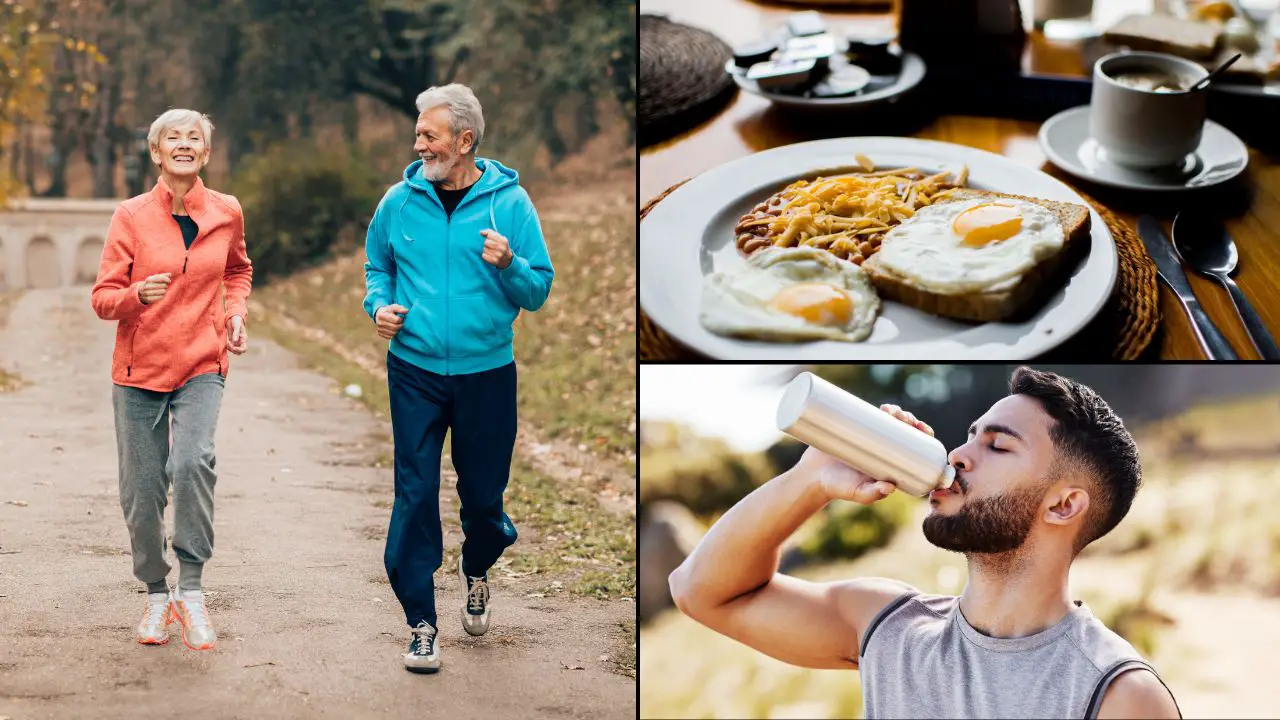
To achieve maximum performance and maintain good digestive health, knowing the association between exercise and eating is intricate. It depends upon various factors as follows:
The type of workout:
If you do some light exercises like walking, stretching, or yoga, there is no need to wait longer after a light breakfast; exercise can be performed immediately. But if your morning workout is some moderate activity like cycling or jogging, it is advised to wait at least 30 minutes to 1 hour after having your breakfast. For intense exercises like weightlifting or running, you should wait for 1.5 to 2 hours after a full meal. Otherwise, indigestion or stomach cramps can occur.
The size and composition of the meal:
The time of digestion also depends on the composition and size of the food you take before exercising, thus playing a role in determining the time you should wait to exercise after eating. For instance, a small, carb-based meal will be digested earlier as compared to a large, high-protein diet light.
Hydration:
Staying hydrated before, during, and after any exercise program is crucial, regardless of the time you wait to workout after a meal. Proper hydration helps prevent impaired performance and delayed recovery after exercising.
Also Read: Are artificial sweeteners bad for your health?
Individual body responses to food and exercise:
Some studies suggest that the process of digestion is slower in women than men; someone may have gastrointestinal (GIT) disorders which may speed up or slow down digestion. (GERD, Ulcerative colitis, Irritable Bowel Syndrome(IBS), or Crohn’s disease are some common GIT disorders). Thus, some individuals may workout shortly after having a full meal and feel perfectly fine, while others may need a bit longer to digest and do some physical activity.
How long should you wait to exercise after eating?
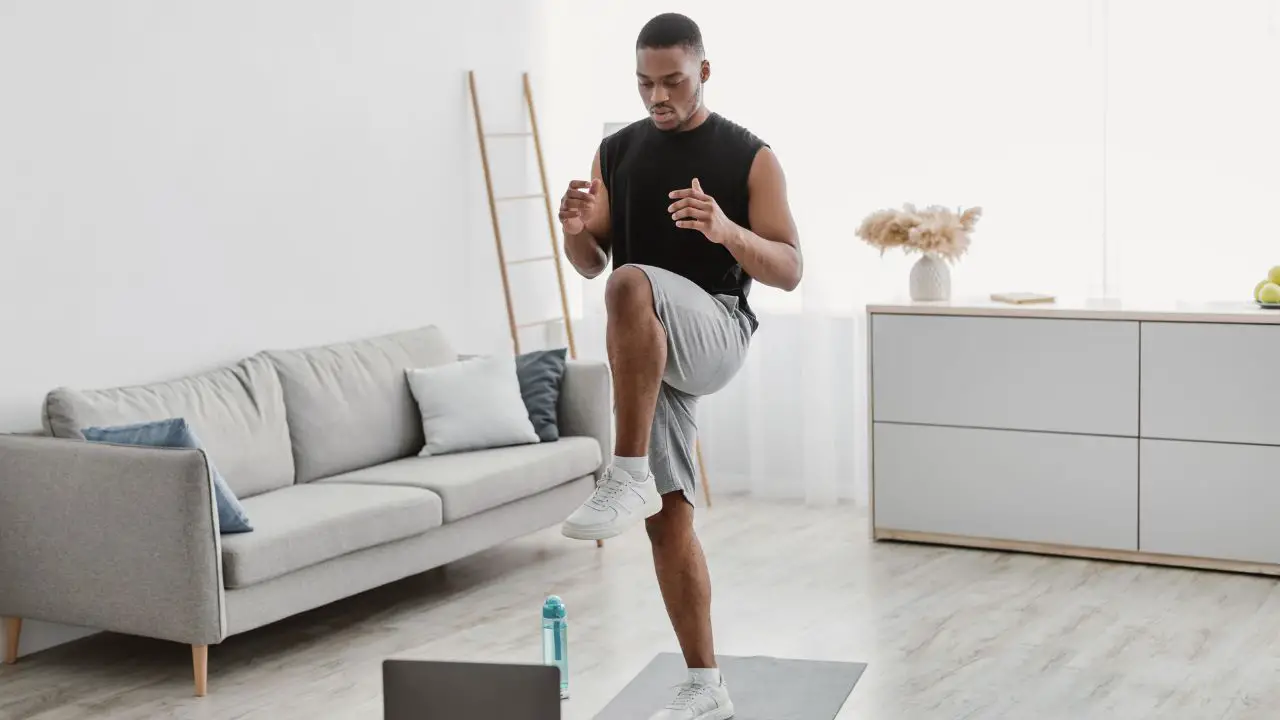
🔬 Subscribe to SciMail
Get the latest science discoveries straight to your inbox!
For exercise, the time one should wait after eating varies from person to person and also depends on the physical activity to be performed. Although less data is available on it, some general guidelines are given below:
| Type of Exercise | Time to wait after a meal | Time to wait after a snack |
| Walking | Minimal time | Minimal time |
| Running | 1.5-3 hours | 30 minutes |
| Swimming | 1.5-3 hours | 30 minutes |
| Weight training | 1-2 hours | 30 minutes |
| Cycling | 1.5-3 hours | 30 minutes |
| Crossfit | 1.5-3 hours | 30 minutes |
| Cross-country skiing | 1-2 hours | 30 minutes |
| Downhill skiing | 1 hour | 15-30 minutes |
| Mountain biking | 1-2 hours | 30 minutes |
| Golfing | 1 hour | 15-30 minutes |
What can happen if you eat right before a workout?
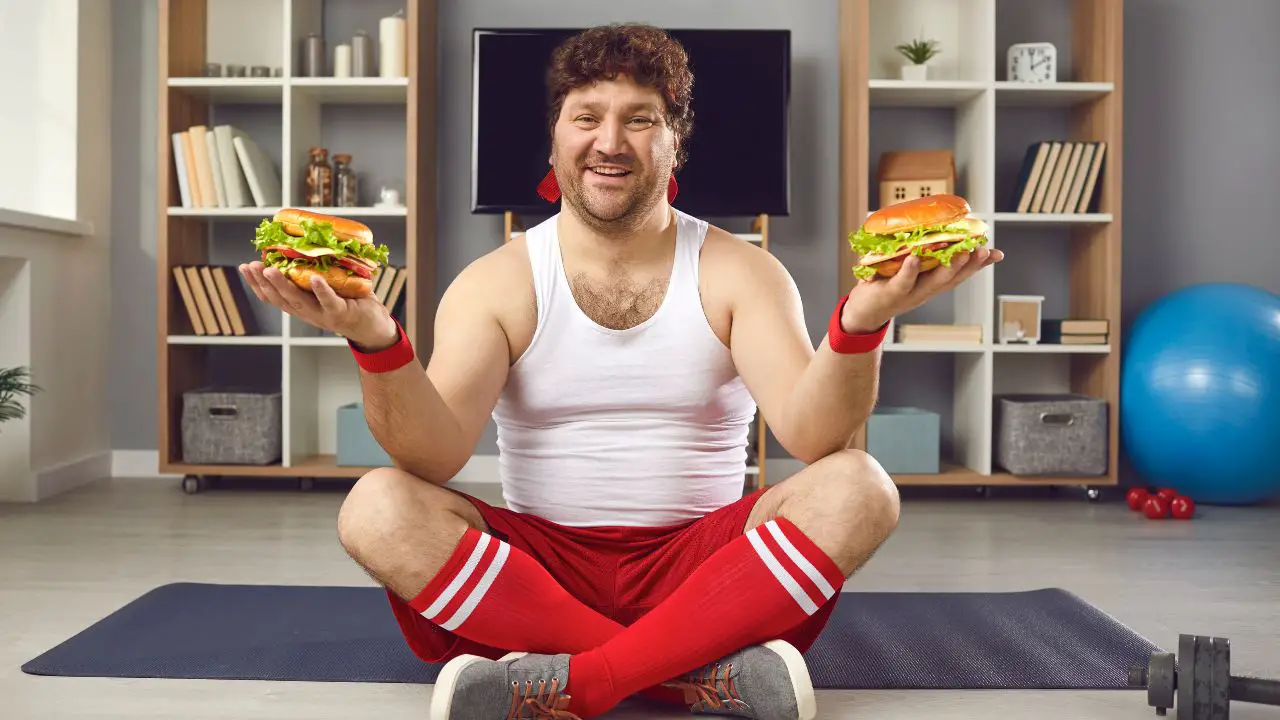
Eating just prior to exercise may lead to several gastrointestinal problems. These side effects differ among individuals; potentially including vomiting, bloating, heartburn, stomach cramping, acid reflux, and diarrhea. The science behind the post-meal lethargy is unclear, though considerable research has been conducted. Some studies suggest that most of the blood is pooled in the digestive system rather than the musculoskeletal system after a meal. Other theories say that the process of eating stimulates the release of certain hormones which cause lassitude.
In addition, a sudden rise in blood sugar level after a meal followed by a sudden fall may cause an energy dip.
What foods should you avoid before working out?
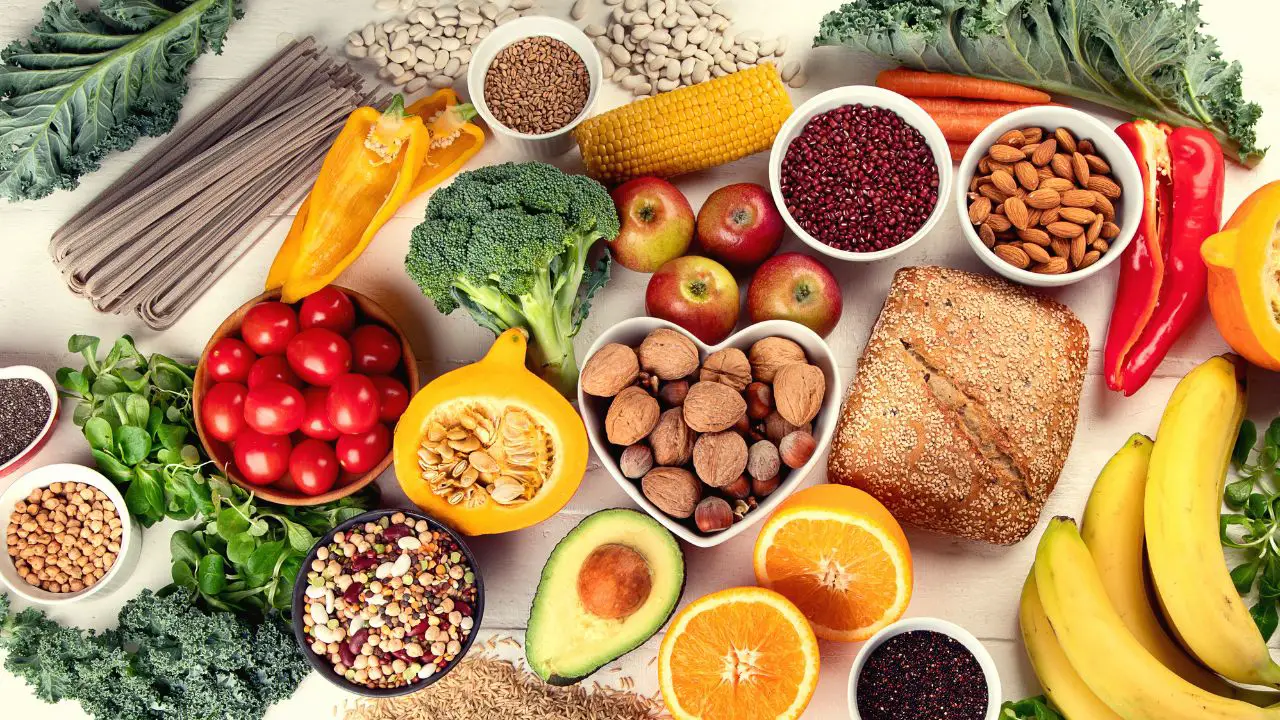
High protein, fatty, and fiber-rich foods take comparatively longer to digest. To maintain constant energy levels, sugary foods should be limited. By carefully monitoring how you feel during exercise after having certain foods is a good idea to adjust your pre-workout nutrition. For example, if you experience symptoms like bloating and gas, dairy products, some vegetables like cabbage, broccoli, and asparagus, beans and grains like rice and wheat should be used. However, If you are prone to heartburn or acid reflux during workout sessions, beverages, caffeine, citrus fruits, and fatty and spicy foods must be avoided.
What is the proper pre-workout nutrition?
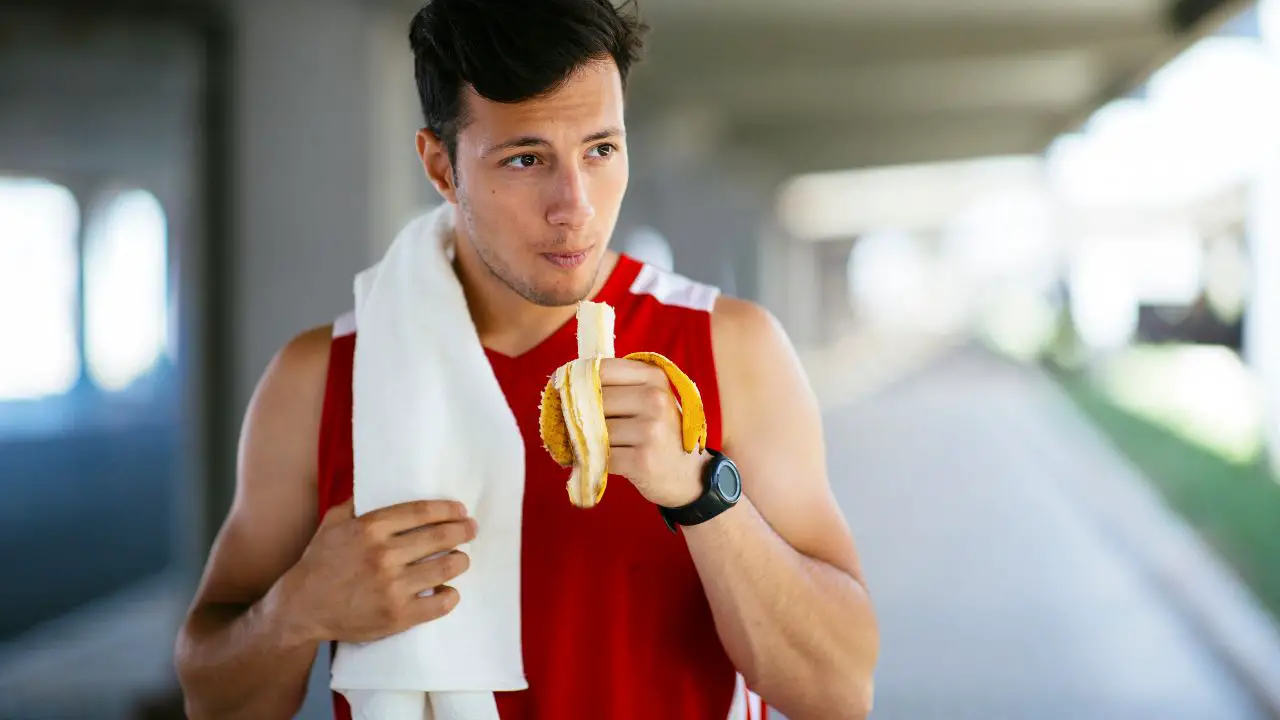
Choosing the right meal or snack before exercise not only diminishes the risk of muscle damage but also helps enhance performance and achieve specific goals. It depends on how long an individual’s body takes to digest various foods and what sort and intensity of workout is. Intake of carbohydrates along with proteins before exercise and proper hydration are crucial for better performance and faster recovery after workout.
| Exercise intensity | Type of food |
| Light exercise (e.g. walking, yoga, stretching, etc) | A small food e.g. a piece of toast or bananas |
| Moderate or high-intensity (e.g. jogging, cycling, running, weightlifting, etc) | Replenish your carbs on an hourly basis throughout the workout e.g. banana with almond butter, yogurt with fruits, oatmeal, and eggs, etc. |

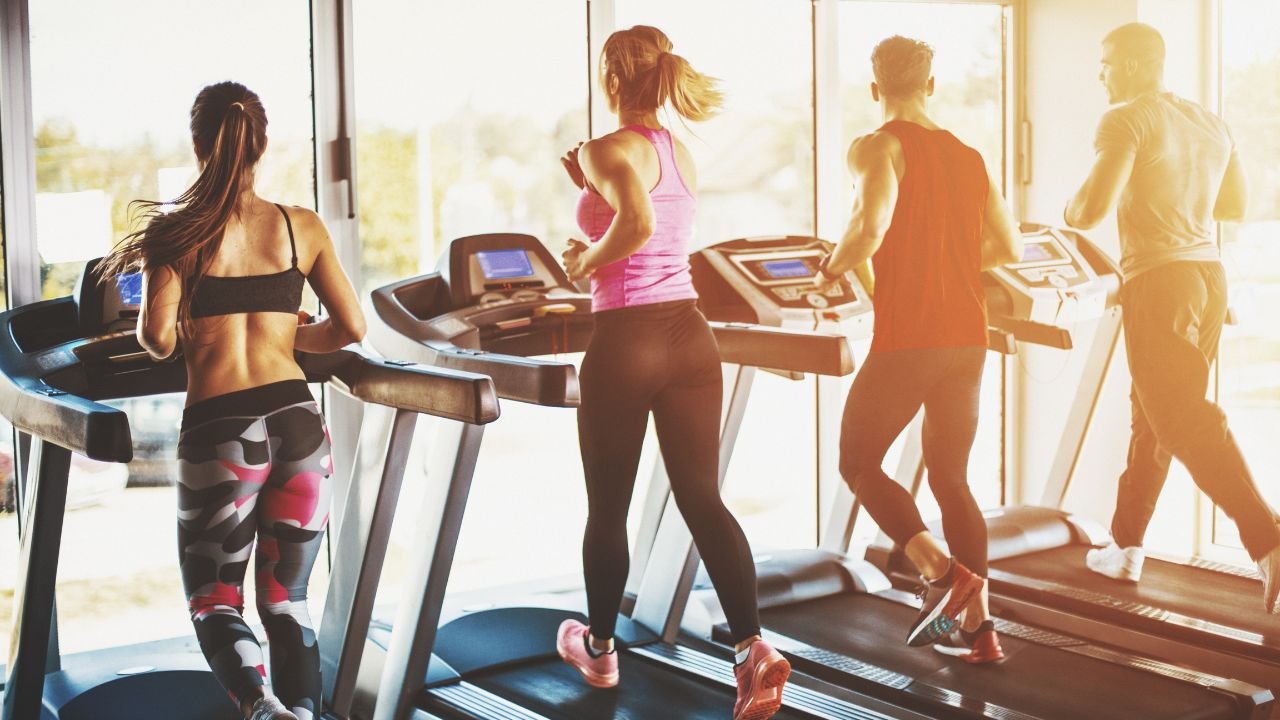
Leave a Reply